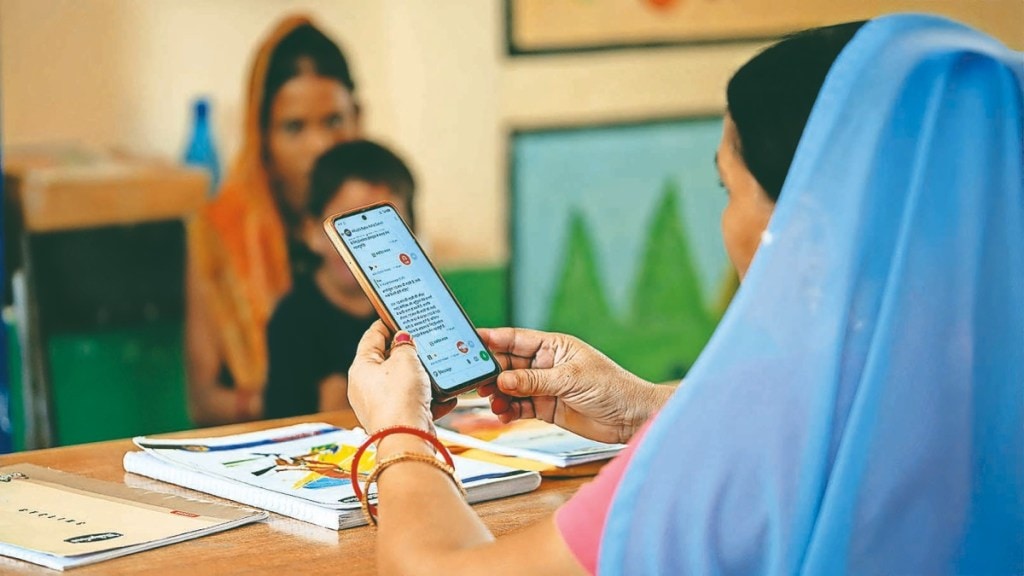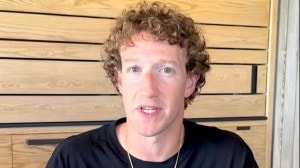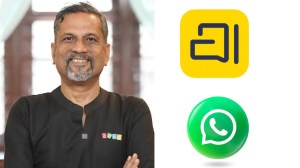Picture an accredited social health activist (ASHA) in a remote village who notices that a pregnant woman has swelling in her legs. She is unsure whether it is a normal symptom or a warning sign. Instead of waiting for days to speak with a supervisor or doctor, she sends a voice message through WhatsApp to an AI-powered chatbot, called ASHABot, and receives a medically accurate response within seconds. That kind of timely guidance can help prevent serious complications. The bot has been deployed by non-profit Khushi Baby using open-source technology from Microsoft Research.
Mani Devi, a health worker from Rajasthan, came across a baby who was underweight. She asked ASHABot what the baby’s ideal weight should be. The bot gave clear advice, helping her counsel the mother calmly and intervene early. “I feel more informed, (and) more confident,” said Devi. “I can talk about previously taboo subjects, because the bot helps me break the silence and give better information.”
Bridging the rural healthcare gap with real-time guidance
India has about 1.4 million medical practitioners, 74% of whom live in urban areas where they serve just 28% of the population. This leaves the rural population critically underserved and dependent on frontline healthcare workers, most of whom operate with limited training and minimal digital support.
To help bridge this gap, Khushi Baby’s chatbot provides the healthcare workers with real-time, medically verified guidance across maternal, child, and reproductive health, in Hindi, Hinglish and English. The bot pulls answers from government-backed databases. When needed, trained nurses assist in reviewing responses, which are then delivered via text or voice within hours.
“ASHAs often serve as the first line of care in communities but are expected to make complex health decisions with limited training. ASHABot supports them with instant, judgment-free access to accurate medical information,” said Mohit Jain, principal researcher, Microsoft Research, India.
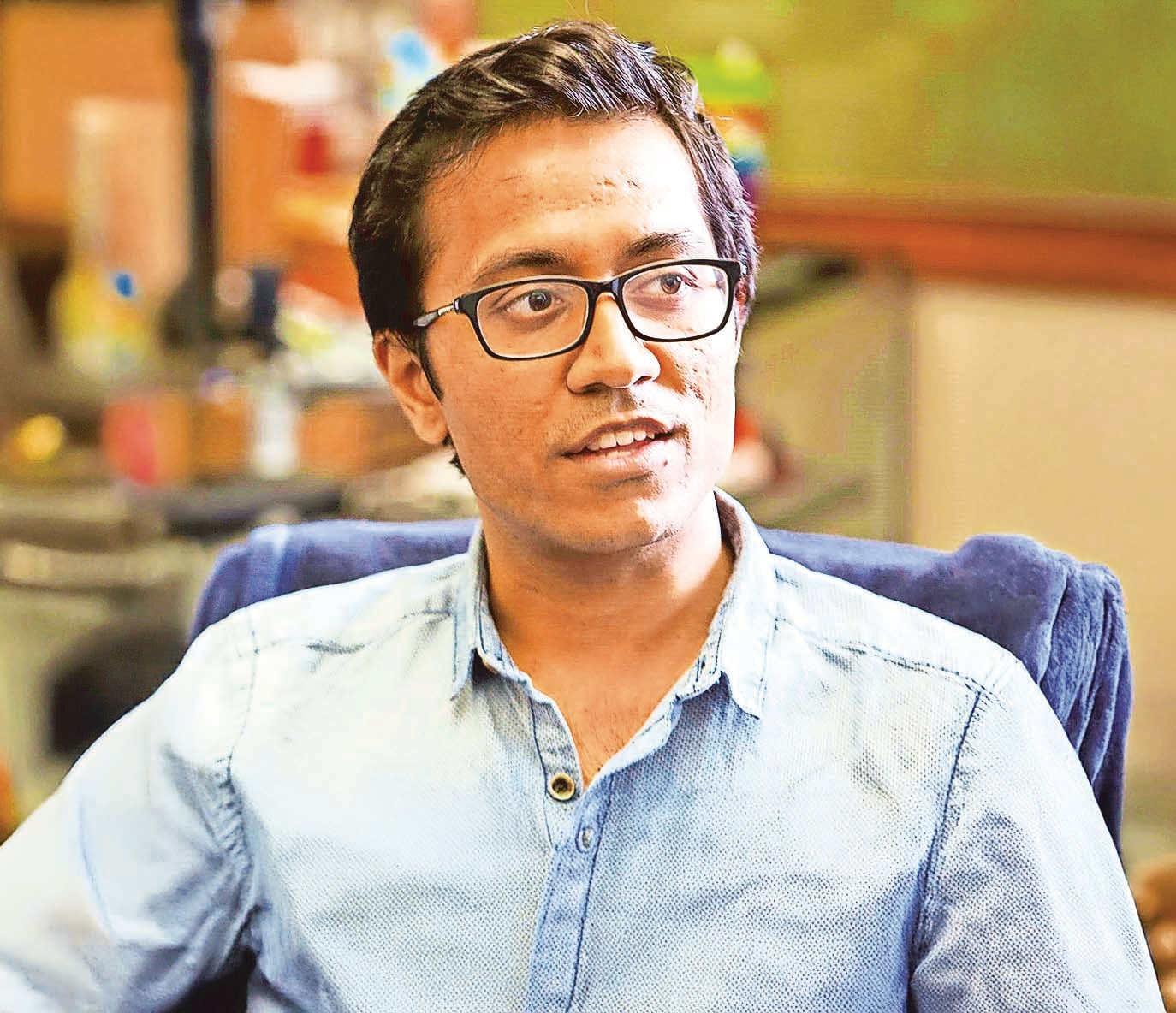
Currently active in Salumbar, Udaipur and Jaipur in Rajashtan, the bot has processed thousands of queries, including complex issues like family planning and domestic violence. So far, more than 30,000 messages have gone through the system, with over 3,000 ASHAs onboarded.
Technology and trust: How ASHABot ensures accuracy and privacy
ASHABot will go live in Nandurbar, Maharashtra by this month-end, and a deployment in Telangana is also in progress. “As we expand ASHABot across more regions, my hope is that we see more ASHA workers being informed, more communities gaining access to care and more lives benefiting from technology,” Jain said.
The idea behind an AI-powered bot is globally applicable. Whether it is a nurse in Kenya, a midwife in Indonesia, or a public health worker in Peru, they often operate in low-resource settings with limited access to training. Such tools can support their judgment, help them informed, and empower them to serve better, Microsoft officials said.
ASHABot runs on GPT-4 and Microsoft Research India’s BYOeB, which stands for “Build Your Own expert Bot.” It uses retrieval-augmented generation and pulls from a curated knowledge base that includes public health manuals and government protocols. If the bot cannot answer, it does not guess. Instead, it passes the question to a group of domain experts, such as ASHA supervisors, whose responses are then synthesised and shared with the healthcare worker who asked the question.
ASHA workers often have questions about reproductive health, menstrual issues, or abuse, but some may feel uncomfortable discussing them with male doctors or supervisors. Here again, the bot offers a private space where they can ask these questions freely. Ruchit Nagar, Khushi Baby CEO & co-founder, said, “ASHA workers are the world’s largest women-led health workforce . We have seen them feeling more confident with knowledge and using the responses to guide their counseling at the doorstep of beneficiaries.”
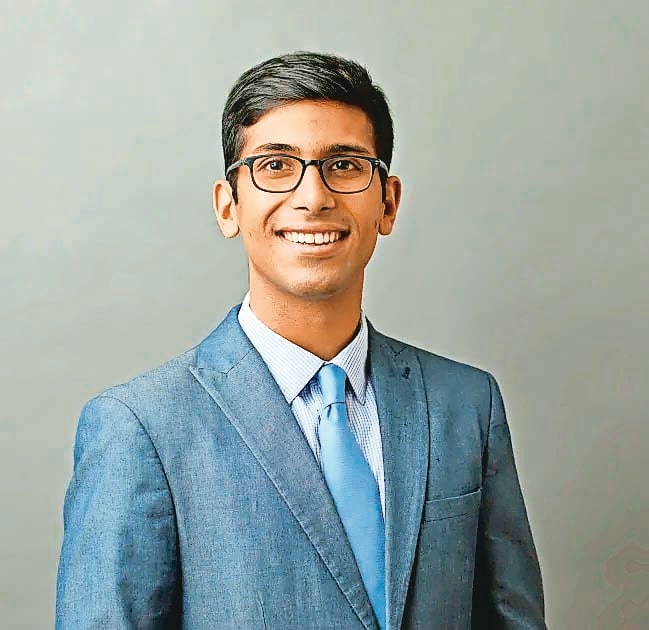
The non-profit plans to expand the technology with features like automated documentation and local-language decision support, all in their local language. “Next year we aim to scale to 11,000 ASHAs, while co-designing this solution with them,” said Nagar.
